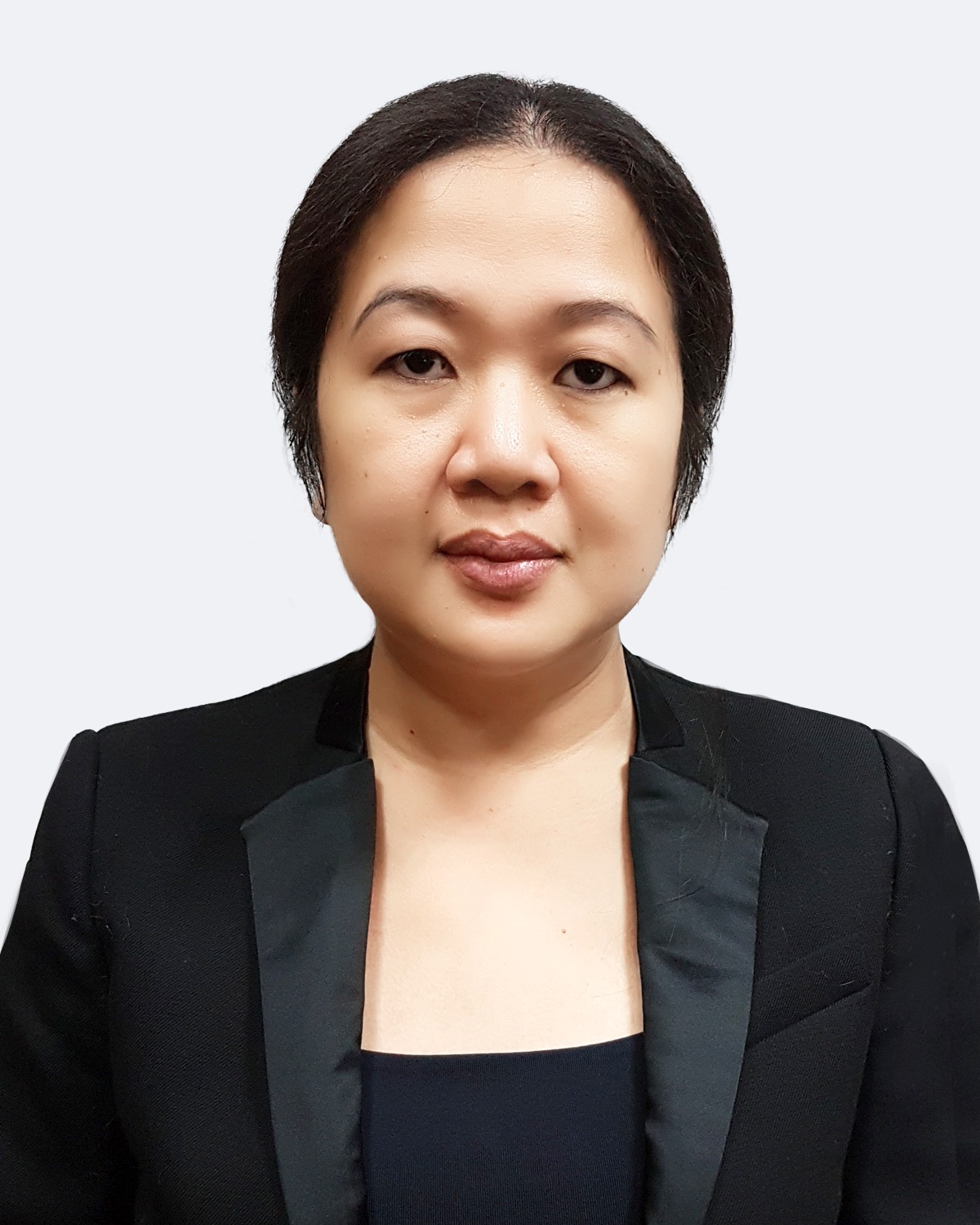Indonesia’s National Agency of Drug and Food Control (BPOM) has recently issued several new regulations governing advertisements for cosmetic products in the country. The main regulation—BPOM Regulation No. 32 of 2021 concerning Cosmetics Advertising—took effect on December 13, 2021, and revokes previous regulations regarding cosmetics advertising from 2016. The key aspects of the new regulation are outlined below.
Cosmetic Claims
The list of prohibited claims for cosmetic products is no longer included with the regulation. Instead, BPOM issued a stand-alone regulation on cosmetic claims as Regulation No. 3 of 2022, which was enacted on January 7, 2022. This regulation on cosmetic claims contains nonexhaustive lists of prohibited and allowed claims for cosmetic products.
The new regulation states that published cosmetics advertisements must correspond to the information on the cosmetic product notification. This differs from the previous regulation, which only stated that published cosmetics advertisements were acceptable as long as they were in accordance with the Technical Guidelines for Cosmetics Advertising. Nonetheless, advertisements for cosmetics still do not have to be approved by BPOM prior to their publication.
Publication Media
Unlike the previous regulation, which only listed electronic, printed, or outdoor media for publishing advertisements for cosmetic products, the new regulation details six main types of advertising media:
- Printed media: Gazettes, magazines, tabloids, newspapers, bulletins, posters or flyers, leaflets, stickers, booklets, pamphlets, yellow pages, catalogs, and any other printed media targeting a limited audience in a certain sector, industry, entity, or profession (i.e., non-mass media).
- Broadcast media: Television (including running-text classifieds, superimposed ads, and “built-in” ads displayed during a television program), radio, and cinema.
- Online media: Activities (such as searches of websites and webpages), e-commerce, games, social media (e.g., Instagram, Facebook, Twitter), applications, publications, transportation on demand, display ads, video ads, and entertainment, in various possible formats (such as video, audio, and banner).
- Outdoor media: Advertising boards, billboards, decorative lights/neon boxes, nameplates, hot air balloons, tire covers, panels at the airport or other public places, printed advertisements stuck/hung outdoors, banners, transit ads (ads placed on moving objects), gimmicks, and backdrops.
- Face-to-face communication: Talk shows and sales promoters.
Warning Statements
The new regulation shortens the list of cosmetic products for which a warning statement must be placed on the advertisement. According to the new regulation, a statement (in Indonesian) advising the consumer to read the usage directions and accompanying warnings must be placed on:
- Hair coloring and straightener;
- Permanent wave products;
- Depilatories;
- Sunblock;
- Sunbathing products;
- Aerosols; and
- Tooth whitener.
This means that a warning statement is no longer required in advertisements for the following cosmetic products:
- Deodorants and antiperspirants;
- Aerosols;
- Exfoliating cosmetic products containing alpha hydroxy acid (AHA); and
- Cosmetic products applied or supervised by a professional.
Research Data and Statistics
While the previous regulation on cosmetics advertising does not address the age of product sales data used in an advertisement, the new regulation states that such data may not be more than two years old.
Commercial Actors
While the use of commercial actors in advertisements for cosmetic products was already subject to restrictions, the new regulation provides the following additional restrictions:
- Healthcare professionals may not be commercial actors in cosmetics advertisements.
- Actors may not play healthcare professionals in cosmetics advertisements.
- Religious figures cannot act in cosmetics advertisements.
For more information on these new advertising rules, or on any aspect of cosmetics regulations in Indonesia, please contact Tilleke & Gibbins at [email protected].






